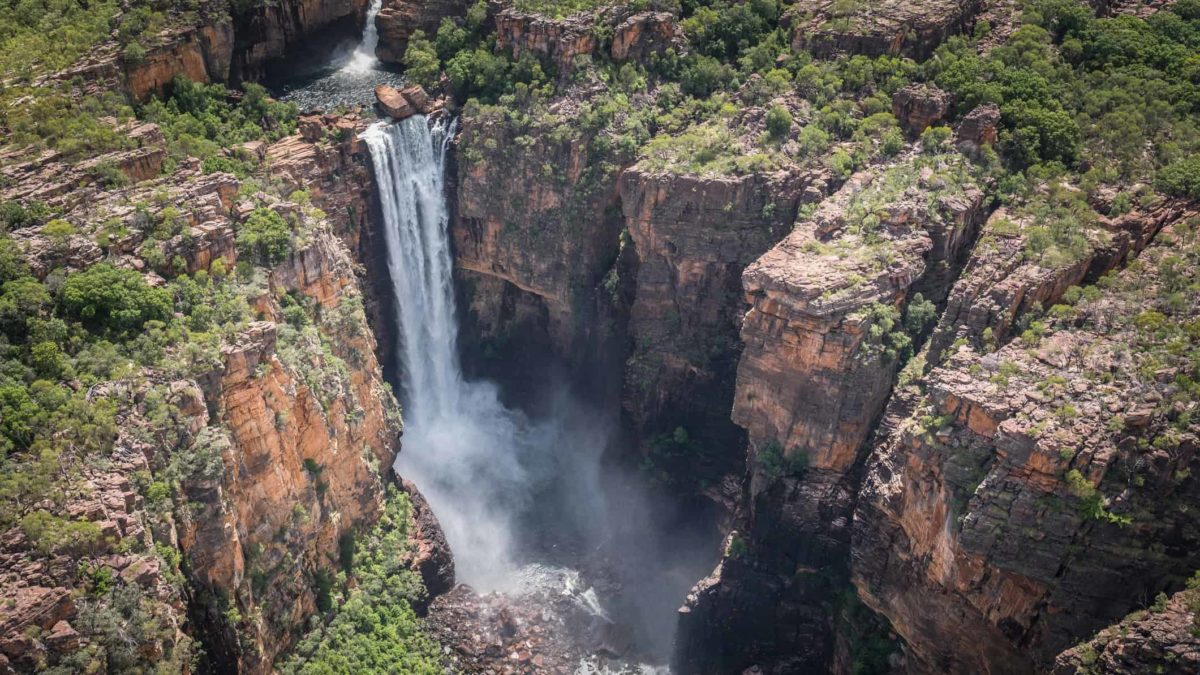Energy Resources of Australia Limited (ASX: ERA) on Friday will end all uranium mining and processing at the mine completely surrounded by Kakadu National Park.
The move comes 40 years after mining within the Northern Territory's famous region started amid controversy.
Uranium is used as fuel for nuclear power generation. The site of ERA's Ranger mine had long been known to Indigenous peoples as a place that would cause radiation sickness.
The fierce public debate in the 1970s over extracting such a sensitive material from an environmentally and culturally significant area triggered many downstream impacts.
Among those was the very creation of the Kakadu National Park itself in 1979 in an attempt to protect the remaining area. Uranium mining started in 1980.
Since then ERA has produced more than 132,000 tonnes of uranium oxide from the Ranger mine.
Majority shareholder Rio Tinto Limited (ASX: RIO), which has endured its own controversy this year after the destruction of Juukan Gorge, withdrew its backing for mining at Ranger a few years ago.
Actual mining ceased 8 years ago, but ERA had still been processing already-extracted material up until this week.
The cessation of uranium activities this week was required by federal law via the Ranger Authority.
'A truly historic milestone'
ERA chief Paul Arnold announced the end of uranium production was "a truly historic milestone".
"Ranger has been a major supplier to global energy markets as well as being a key contributor to the Kakadu region and the Northern Territory," he said.
"We would like to thank the many generations of ERA employees who devoted their skills and expertise throughout the life of this mine."
Arnold said his company would remain in the area to rehabilitate the mine site.
"I look forward to the continued support and expertise of our team as we now wholly focus on delivering on our legacy of the comprehensive rehabilitation of the Ranger Project Area."
ERA controversially raised $476 million of capital on the ASX last year to pay for the rehab.
This diluted minority shareholder's stakes while Rio avoided paying for a non-productive cost.
ERA has 5 years to finish the rehabilitation work.
Australian Conservation Foundation nuclear-free campaigner Dave Sweeney said last month the remediation was no easy task.
"The community and environment of Kakadu need certainty and a comprehensive clean up," he said.
"This work is a key test of the commitment and capacity of Rio Tinto, as well as the Northern Territory and federal governments."









